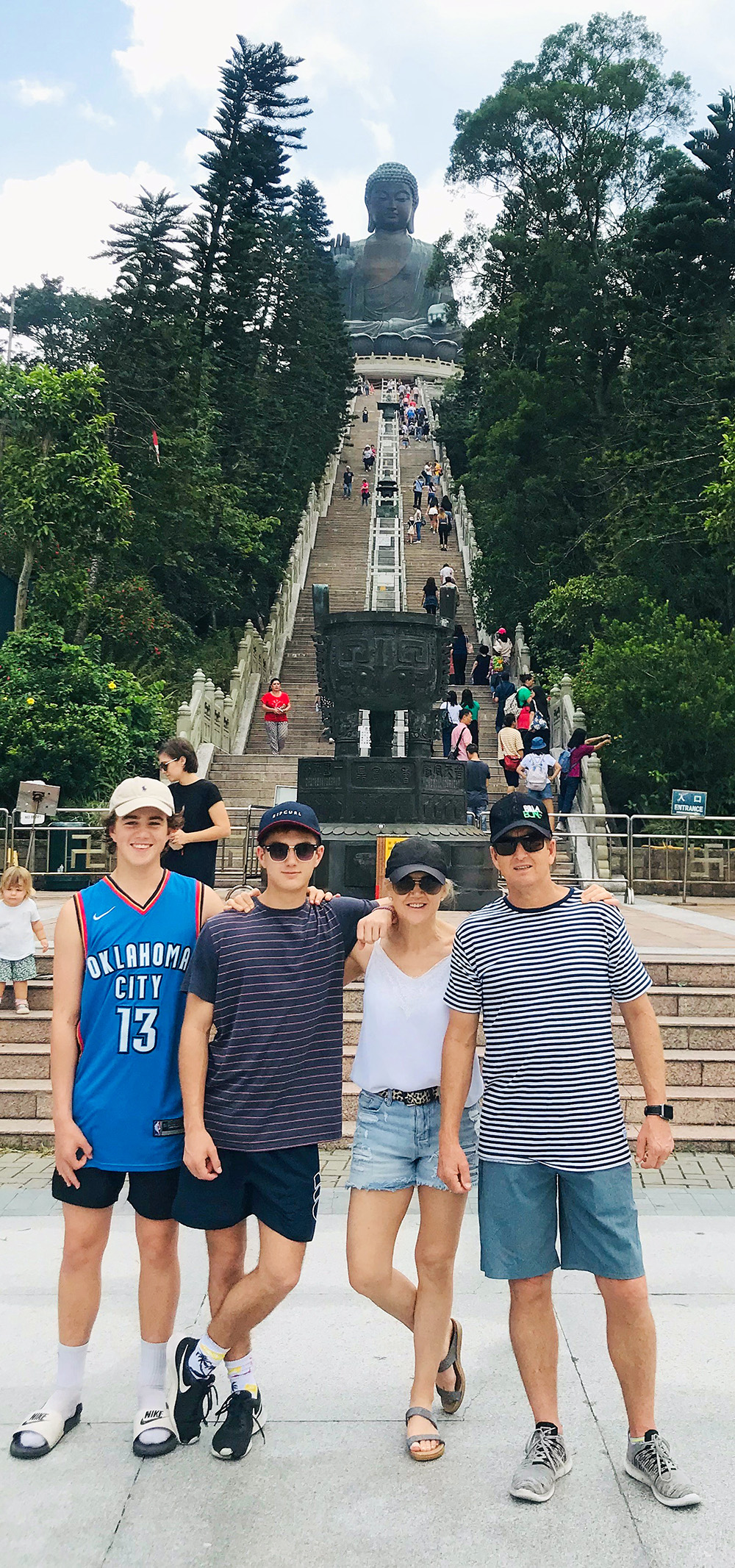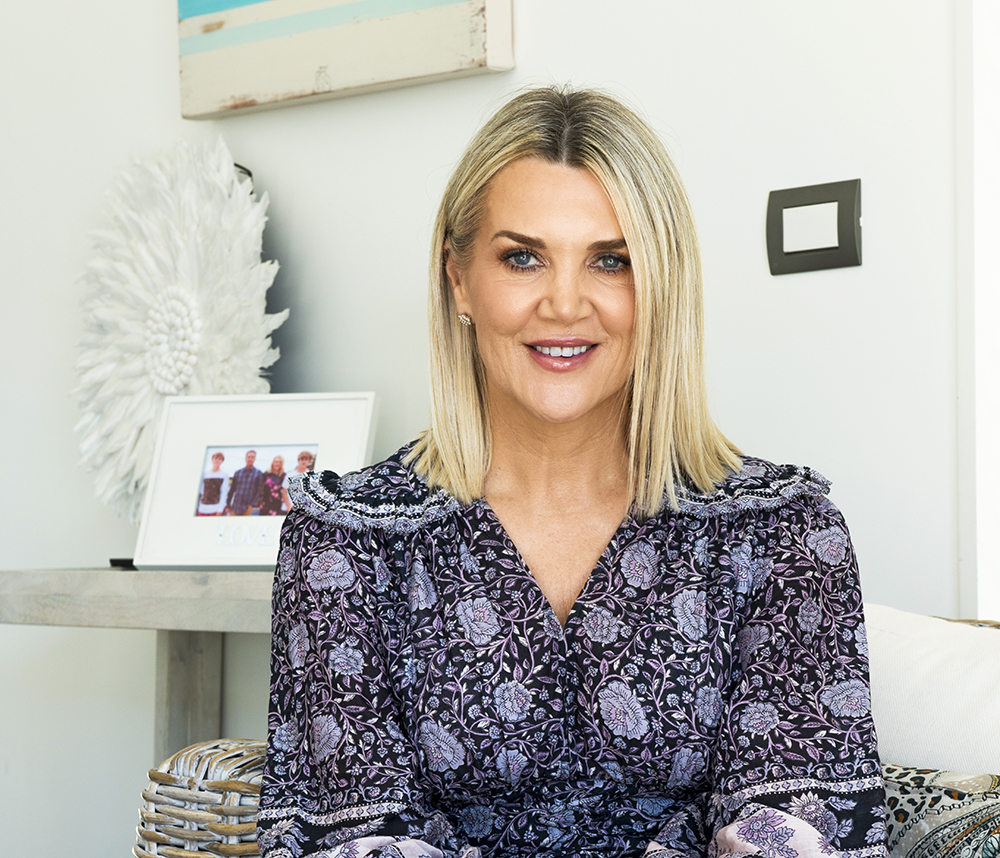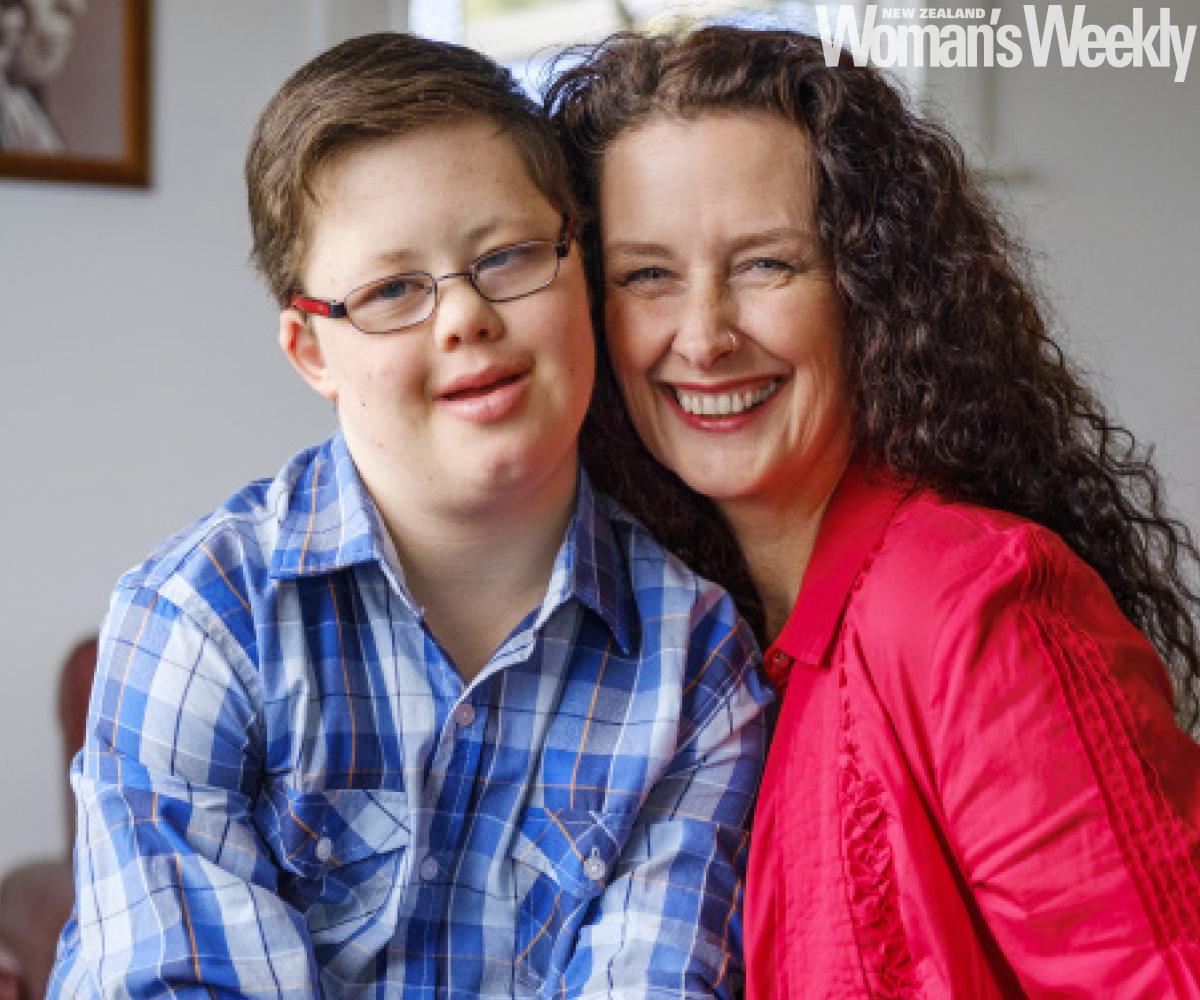Last year, Kate Trethewey was lying on an operating table having her kidney removed in a transplant operation that saved her husband’s life. The mother-of-two knew first-hand the difference a transplant can make – over the past seven years, she has been involved in several organ retrieval procedures in her role as a theatre nurse at Christchurch Hospital.
“My husband Steve had a childhood kidney condition, but it wasn’t until a decade ago that we had to start thinking about the transplant side of things,” says Kate, 53, who lives in Sumner with airline pilot Steve, 56, and their sons Finn, 20, and Guy, 17.
Steve was born with focal segmental glomerulosclerosis (FSGS), a rare kidney disease that affects the filters in the kidneys and leads to damage and failure. His condition wasn’t picked up until he went for a medical exam as a young man in the air force, and apart from high blood pressure and fatigue, he went for years without symptoms.
“They call FSGS the silent disease because it’s so gradual,” tells Kate, who had breast cancer six years before her live kidney transplant.

“The logical thing was for me to go through with it.”
“We knew Steve would eventually fail his airline medical and he didn’t want a future of dialysis, which would mean being hooked to a machine for around five hours at a time to clean the toxins from his blood, like the kidneys are supposed to.”
The pair decided organ donation was his best option, and after several family and friends came forward to potentially donate their kidneys, it turned out Kate was a good blood, antibody and tissue match.
“The logical thing was for me to go through with it,” Kate explains. “I had every test under the sun knowing that potentially it could reveal other medical conditions, but thankfully they showed I was a perfect candidate.”
In January 2020, just weeks before New Zealand went into its first Covid-19 lockdown, Steve finally became medically unfit to hold his airline medical, which indicated it was time for the life-changing procedure. Six weeks later, on the day of the transplant, his kidney function had dropped from eight percent to just four.

Surgeon Pete Davidson removed Kate’s kidney.
By then he was easily fatigued and cold, had lost the colour in his face and was suffering from restless, achy legs. For Kate, whose primary thought was keeping her husband around for their boys, love overrode any nerves around the transplant process.
“My surgery was two hours before Steve’s and my work colleagues took such great care of me, so I didn’t have time to be nervous!” she shares.
“Afterwards, the surgeons told him they’d retrieved my kidney and it was a nice one, and Steve’s procedure started. When we saw each other afterwards, it was an emotional moment because you’re seeing your life partner so vulnerable. But it was also a good feeling.”
The couple stayed in hospital for a week before heading home into lockdown with their sons, who Kate credits for doing an amazing job of caring for their two recovering parents for a whole month. Anything that came into the house, including food, had to be washed to avoid the risk of an infection reaching Steve’s healthy new kidney.

Good times: The family (from left: Guy, Finn, Kate and Steve) on holiday.
“The recovery was two weeks and pretty full-on, and I was really fatigued. We were well supported by both sets of parents, family and our Sumner community. We are also grateful for the care we received through the hospital’s nephrology and urology departments.”
Today, Kate has little to no after-effects from donating her organ. She and Steve are thriving and with his new kidney estimated to last around 15 years, they’re hoping science and medicine will advance so they have more options in future.
“Steve’s back at work flying and is able to continue mountain biking, surfing and kite surfing because of the kidney transplant. Life could be very different for us,” Kate stresses. “He’s on immunosuppressant medications twice a day for his lifetime, but it’s our norm now.”
The hard-working health professional says donating a kidney has made her even more empathetic as a perioperative nurse: while Steve’s was a live kidney donation, others receive organs from deceased donors.
“There’s a story behind every retrieval that comes through and I don’t just think of them as organs; I think of them as a person,” Kate says. “A poor grieving family has chosen to donate the fit and healthy organs of their loved one to benefit another. With their loss comes another’s gain and it’s a truly amazing gift.”


